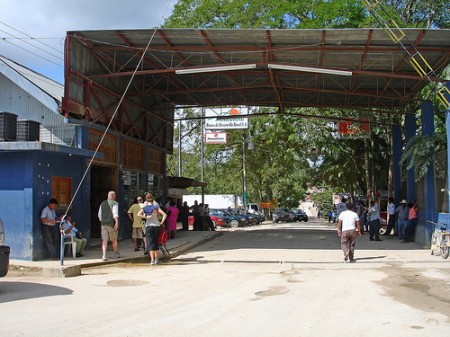
This article was originally published by E-International Relations (E-IR) on 4 April 2017.
The International Court of Justice (ICJ) has made a name for itself as various governments across the world resort to it to rule on inter-state disagreements. There are certainly valid criticisms about how the ICJ, the chief judicial body of the United Nations, operates, particularly as African governments have accused it of imposing Eurocentric international law. Some of its rulings on controversial cases have even been denounced as ‘step[s] backwards’.
Despite these criticisms, Latin American governments have regularly turned to ICJ rulings on border disputes and other inter-state disagreements. Over the past decades, the Court has ruled on numerous cases between Latin American states and enjoys a positive record so far in this region, given the generally peaceful compliance of Latin American states to the Court’s rulings. Nevertheless, the complexity of one particular case, ‘Obligation to Negotiate Access to the Pacific Ocean’, a historically-charged territorial dispute between Bolivia and Chile, may prove to challenge the credibility of the ICJ in Latin America in the near future.

